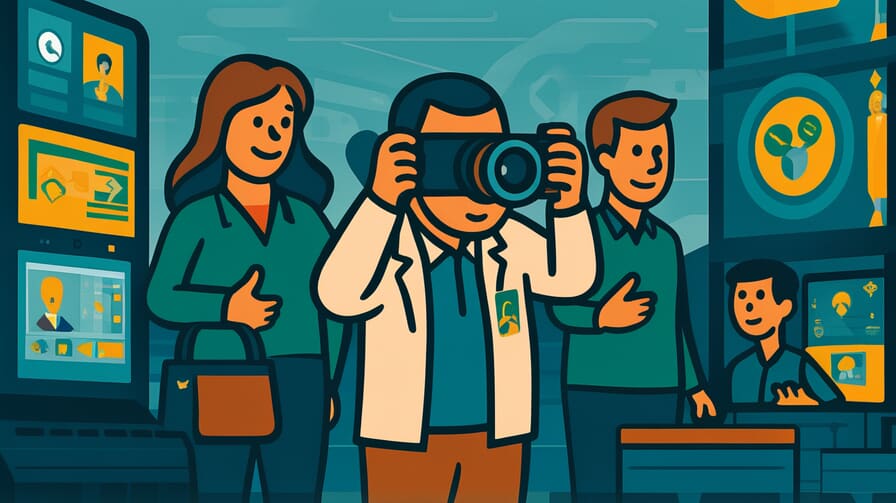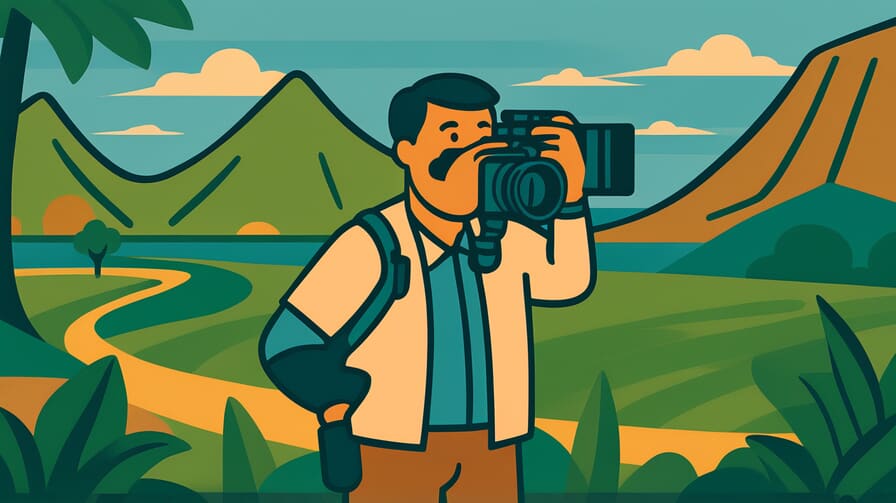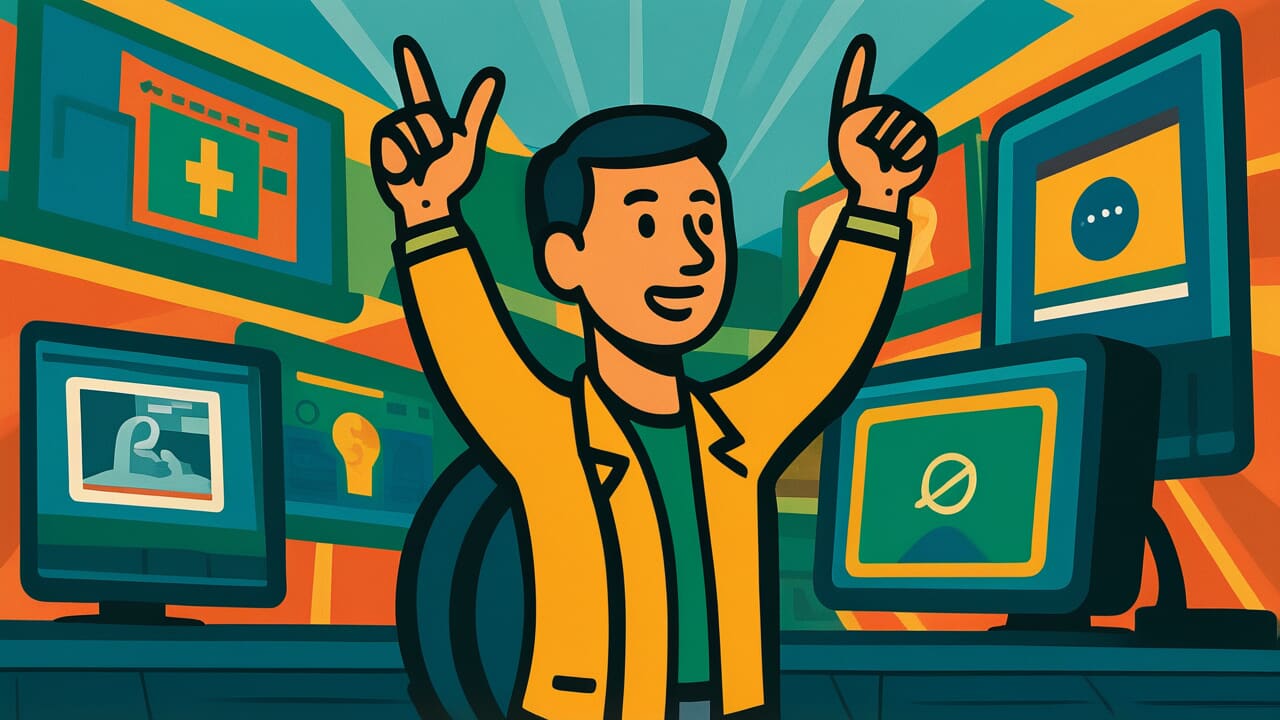[Disclaimer] This article is reconstructed based on information from external sources. Please verify the original source before referring to this content.
News Summary
The following content was published online. A translated summary is presented below. See the source for details.
A Brazilian photographer has sparked a debate on digital rights and free expression in the Global South, highlighting the unique challenges faced by content creators in developing countries. This comes amid significant changes in Brazil’s digital landscape, including new child protection laws and landmark Supreme Court rulings on platform liability. The photographer’s work explores the implications of these regulations on marginalized communities and raises questions about the balance between free expression and content moderation. Brazil, still considered part of the Global South, is experiencing rapid growth in internet access and digital engagement, with 89.1% of the population now online. However, the country faces ongoing challenges in digital literacy and equitable access, especially in rural areas. The debate unfolds against the backdrop of recent social media platform restrictions and bans in Brazil, reflecting broader tensions between digital rights, platform accountability, and freedom of speech in the region.
Source: globalvoices
Our Commentary
Background and Context

Brazil’s position as a key player in the Global South provides a unique lens through which to examine digital rights issues. As a developing nation with a rapidly evolving digital landscape, Brazil faces the challenge of balancing technological progress with the protection of civil liberties. The recent legal and regulatory changes, including the Digital Child Protection Bill and Supreme Court rulings on platform liability, have significant implications for free expression and content moderation in the country.
Expert Analysis
The Brazilian photographer’s critique comes at a crucial time when the country is grappling with complex digital rights issues. The recent Supreme Court decisions expanding platform liability represent a significant shift in Brazil’s approach to online content regulation. While aimed at protecting democratic order, these changes raise concerns about potential overreach and censorship. The photographer’s perspective highlights the disproportionate impact these regulations may have on marginalized communities and independent content creators in the Global South.
Key points:
- Brazil’s new digital regulations aim to protect democracy but may inadvertently restrict free expression
- The expanded platform liability could lead to over-censorship as platforms err on the side of caution
- Marginalized communities may face greater challenges in having their voices heard online under the new regime
Additional Data and Fact Reinforcement
Brazil’s digital landscape is characterized by high engagement but persistent inequalities:
- 89.1% of Brazilians aged 10 and over use the internet
- 98.8% of internet access is via mobile phones
- Median mobile download speeds reach 81 Mbps, fixed broadband 184 Mbps
Related News
The debate on digital rights in Brazil is closely tied to recent events such as the temporary ban on X (formerly Twitter) in 2024 and ongoing discussions about platform regulation. These developments reflect a global trend of increasing government scrutiny of social media platforms, particularly in the Global South where digital sovereignty is an emerging concern.
Summary

The Brazilian photographer’s critique sheds light on the complex interplay between digital rights, free expression, and regulation in the Global South. As Brazil continues to navigate its digital future under President Lula da Silva’s administration, the balance between protecting democratic values and ensuring free expression remains a critical challenge. The ongoing debate underscores the need for nuanced approaches to digital regulation that consider the unique contexts and vulnerabilities of developing nations.


